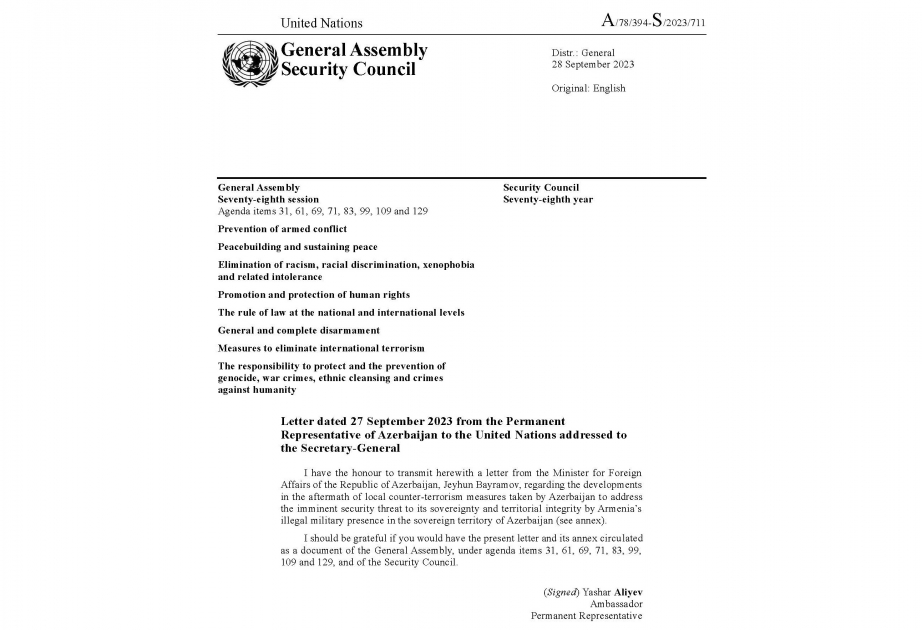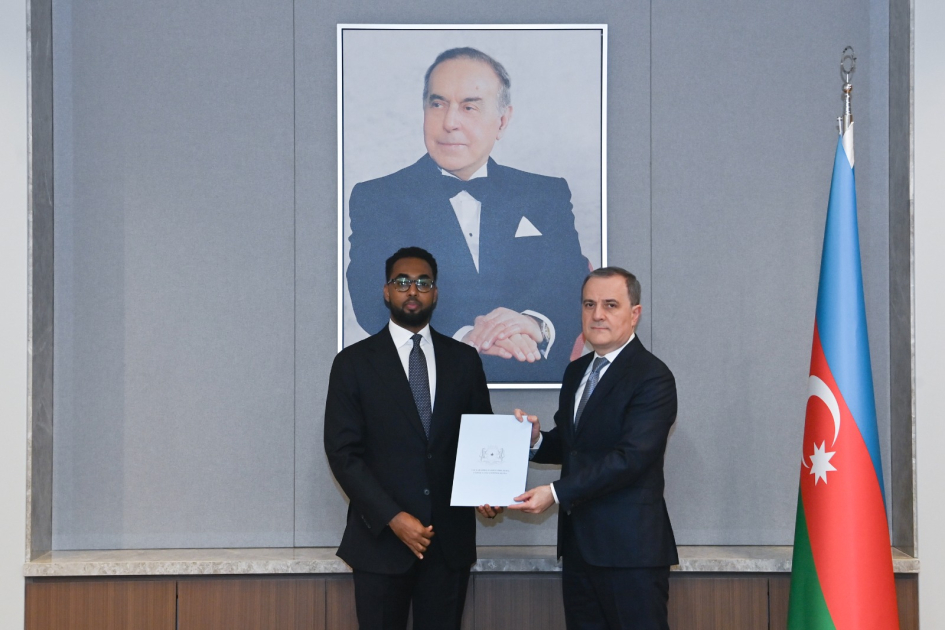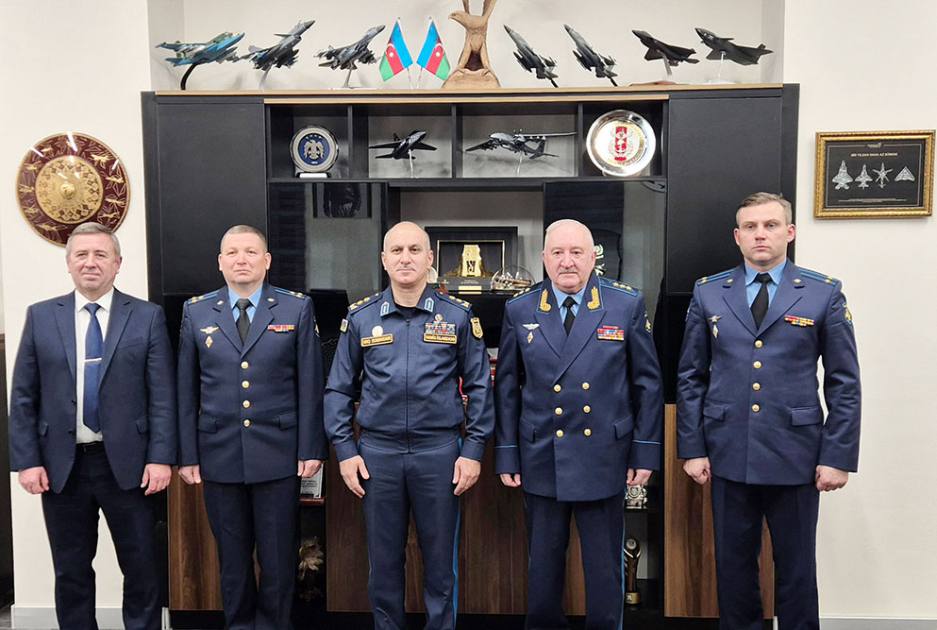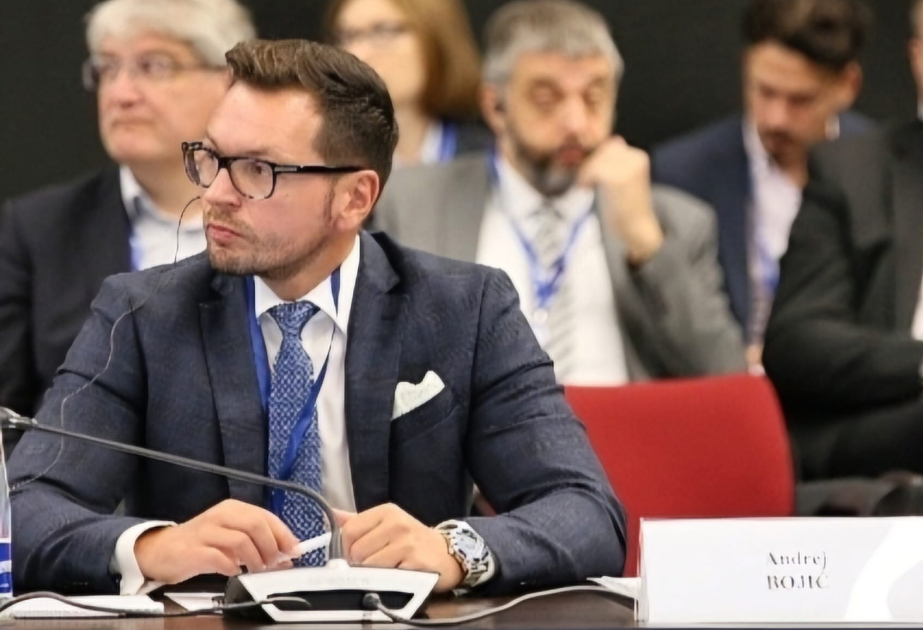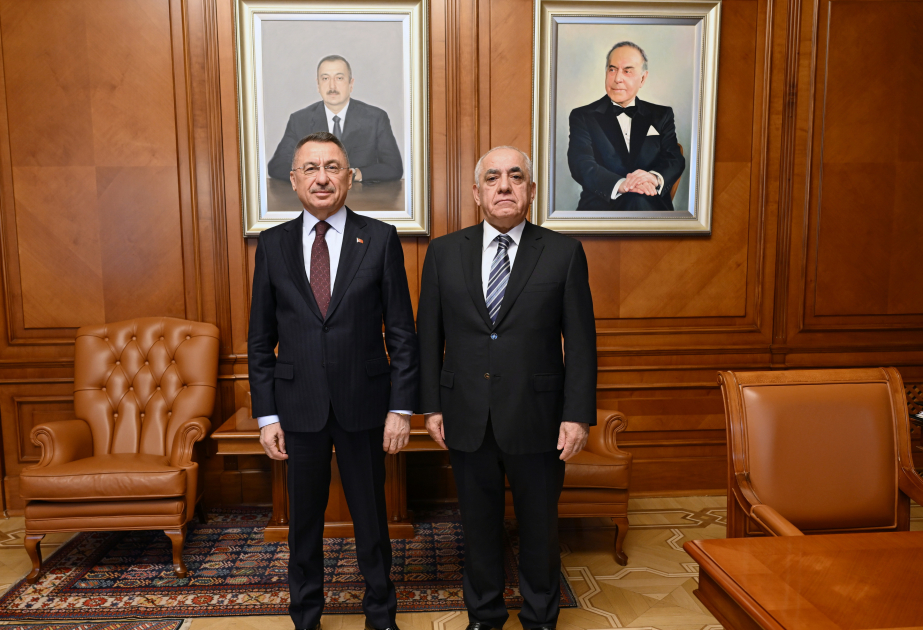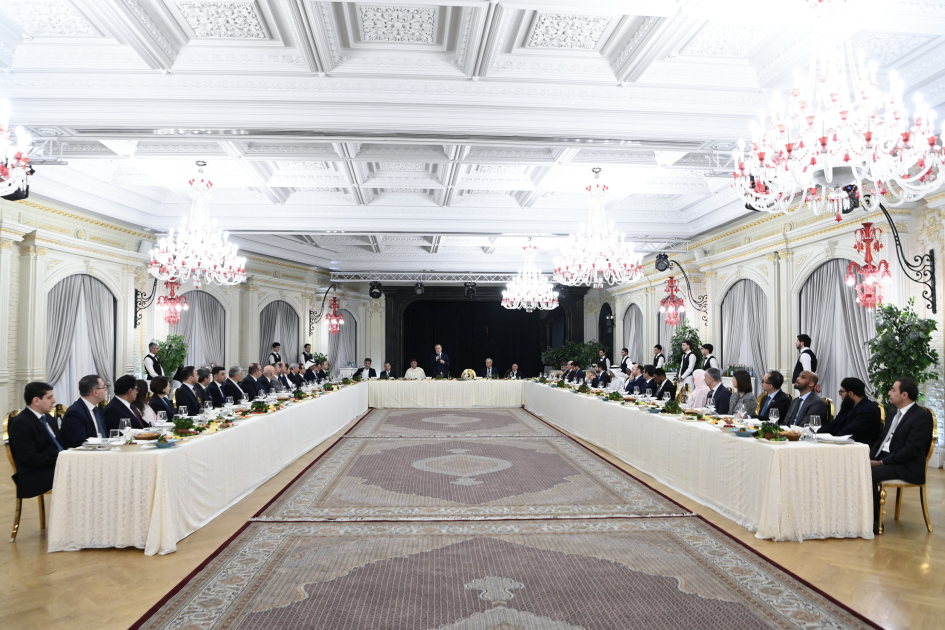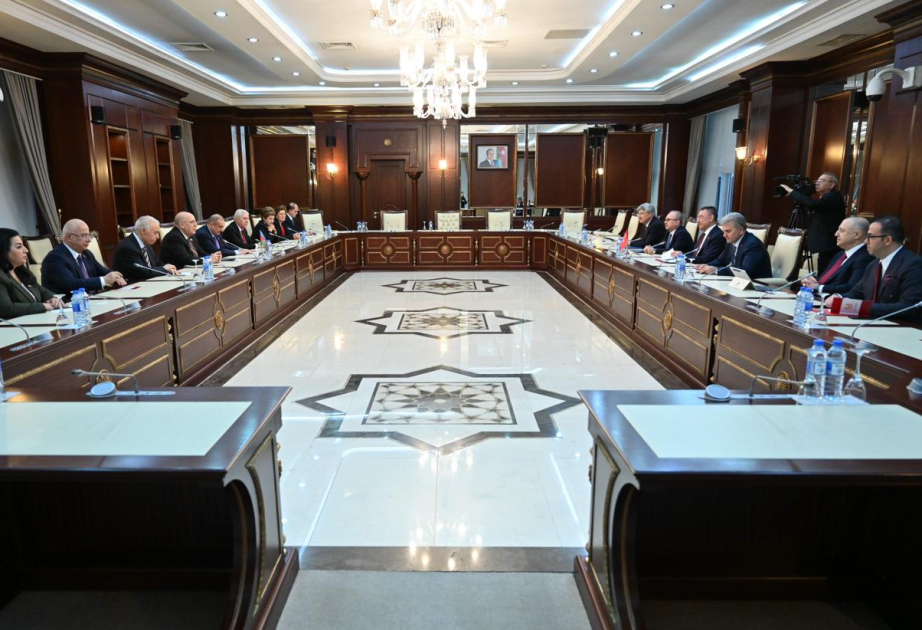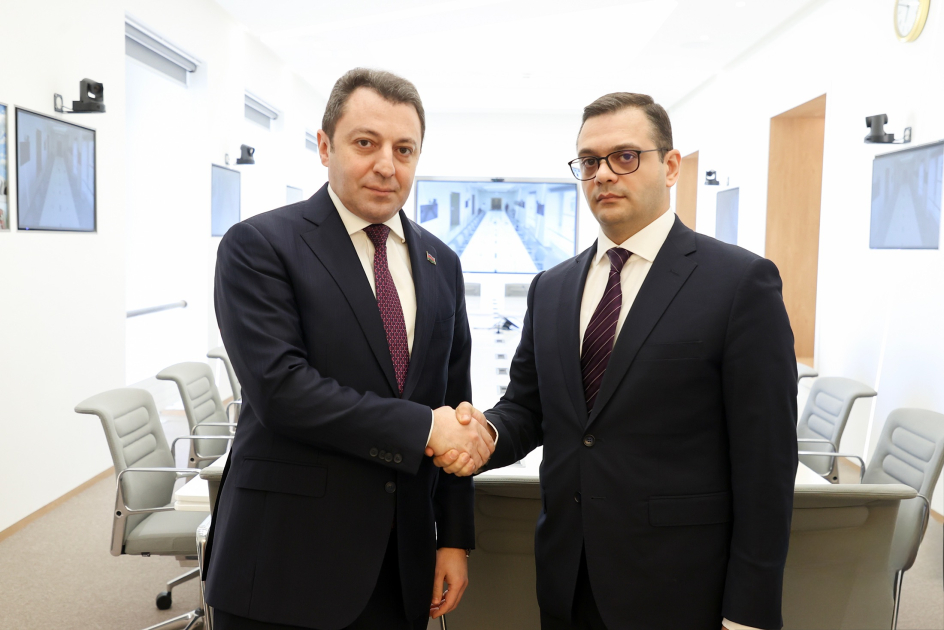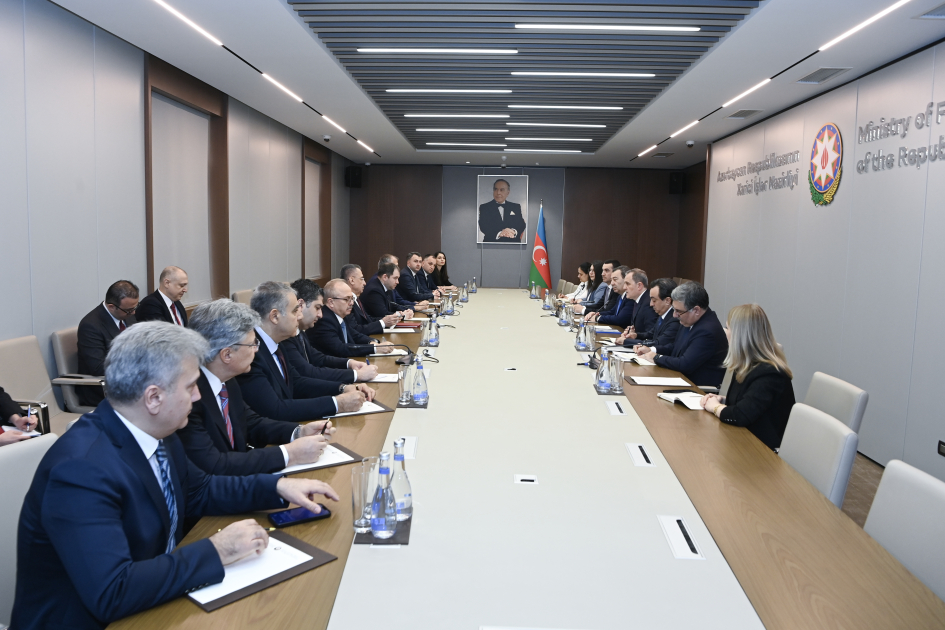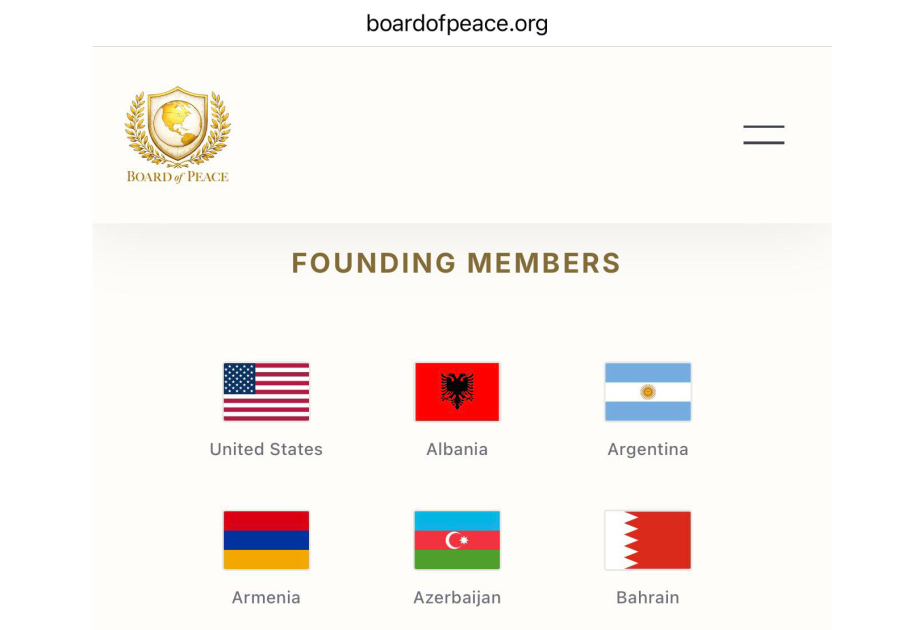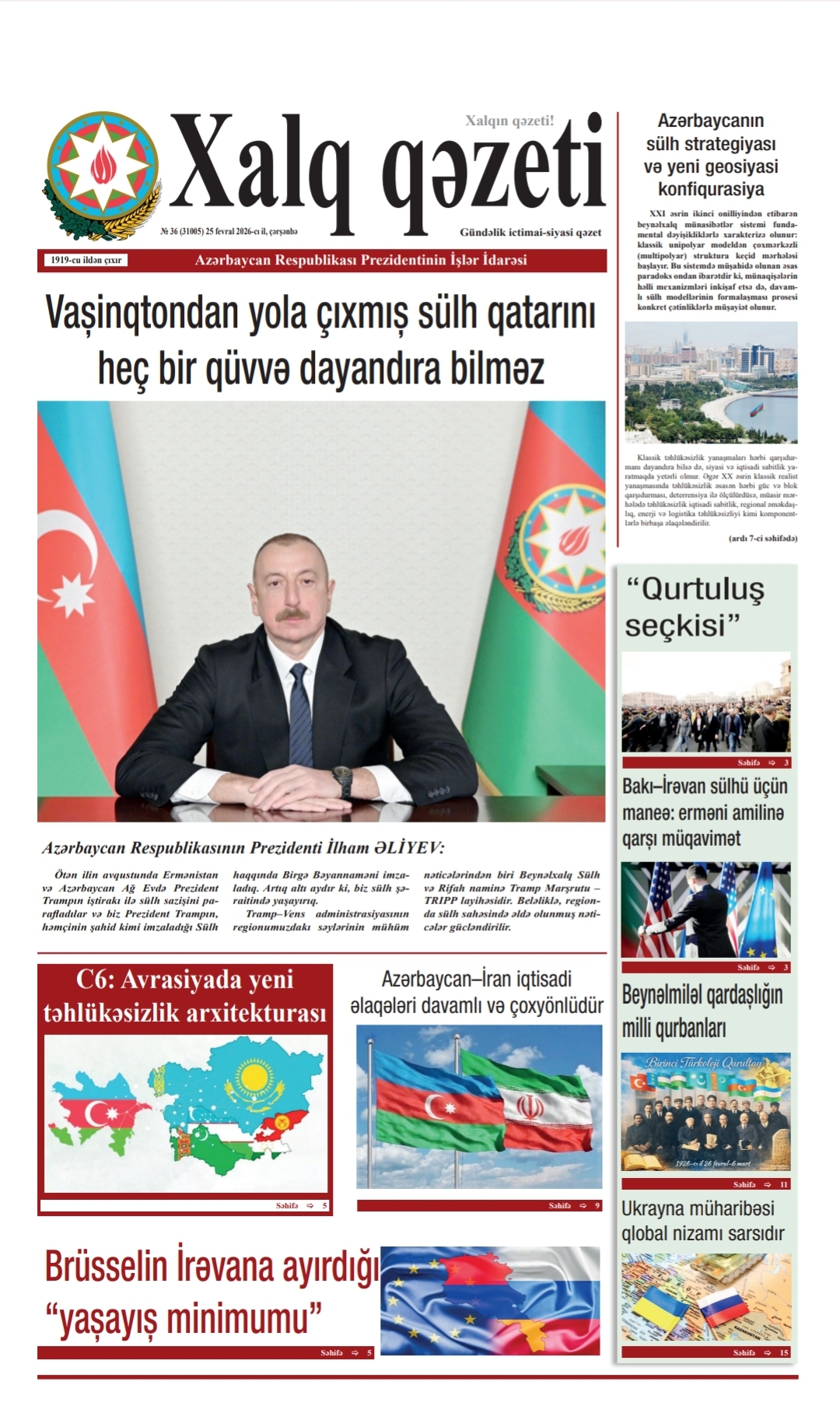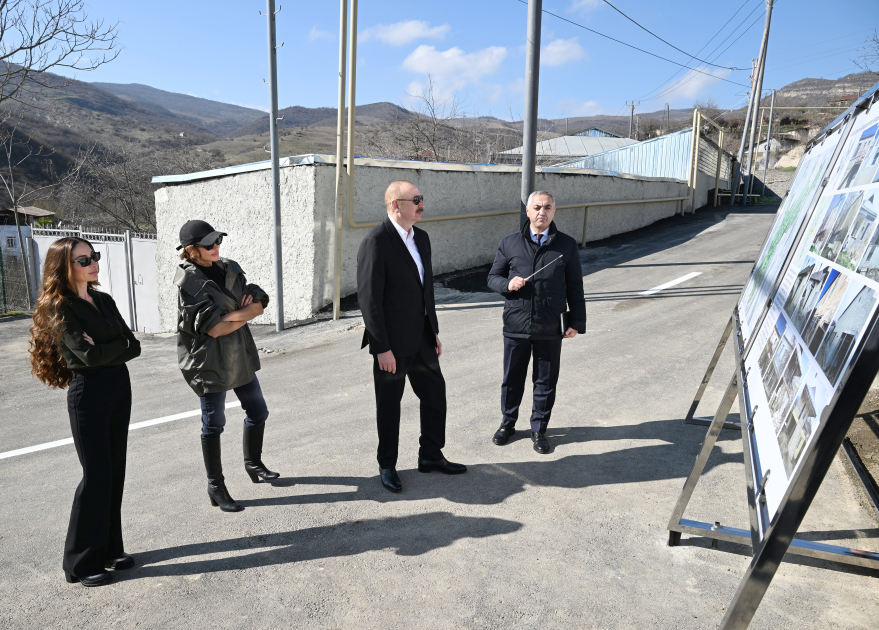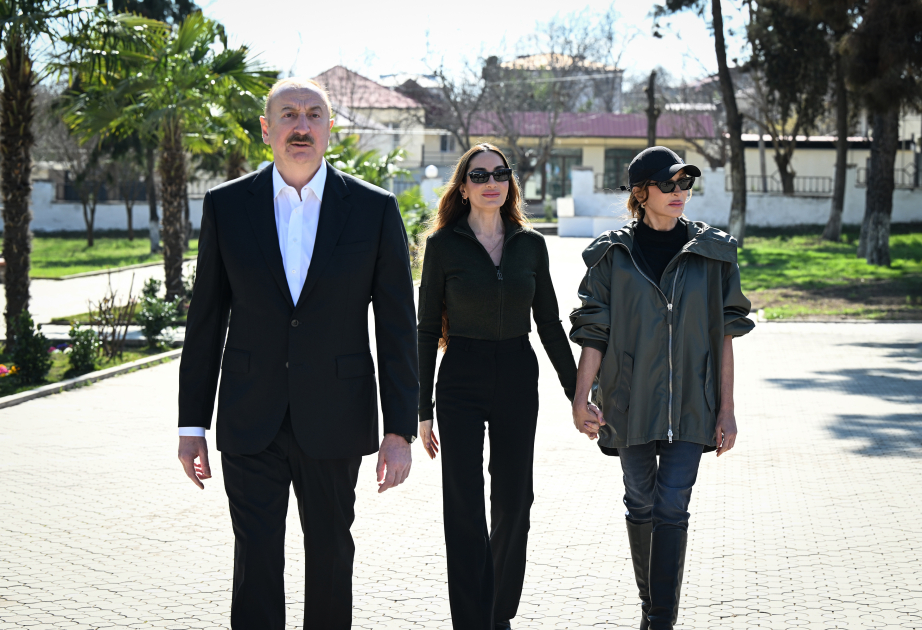The letter of Azerbaijan’s Minister of Foreign Affairs Jeyhun Bayramov regarding the developments in the aftermath of local counter-terrorism measures taken by Azerbaijan to address the imminent security threat to its sovereignty and territorial integrity by Armenia’s illegal military presence in the sovereign territory of Azerbaijan, sent to the UN Secretary-General Antonio Guterres on 27 September 2023, has been circulated as a document of the UN General Assembly and the Security Council.
The letter reads: “Following up on my previous communications, as well as our meeting in the margins of the seventy-eighth annual session of the United Nations General Assembly, I am writing to update you on the recent developments in the aftermath of the counter-terror measures taken by Azerbaijan to address the imminent security threat to its sovereignty and territorial integrity by Armenia’s illegal military presence in the sovereign territory of Azerbaijan.
As also emphasized in my previous communications, I would like to reiterate that Azerbaijan has consistently prioritized the strict adherence to norms and principles of international law, including those of international humanitarian and human rights law. Azerbaijan has demonstrated this commitment not only in words, but also through concrete actions.
Following the agreement reached through the command of the Russian peacekeeping contingent, disarmament, demobilization and reintegration efforts have already started on the ground.
Of particular importance is to highlight the scale of retrieved military equipment. This has once again exposed the magnitude of heavy militarization of the region and a vast number of accumulated offensive weaponry (see enclosure). Thus, according to the latest figures, so far 909 small arms and grenades, 47 artillery weapons, 226 air defence means, 251,308 items of ammunition, 1,674 accoutrements, 164 optical and other devices, 22 armoured vehicles, 75 auto vehicles and 21 trailers were seized. This significantly surpasses even our initial assessments regarding the extent of illegal militarization in this grey zone. The illicit transfer and accumulation of weapons and ammunition in the territory of Azerbaijan demonstrate the blatant violations by Armenia of the relevant arms and export control regimes. The neutralized and confiscated weaponry can be acquired and maintained only and exclusively by States under existing regimes. And thus, Armenia’s stubborn denial of its illegal military presence on the sovereign soil of Azerbaijan is nothing other than sheer deception.
It also reaffirms for yet another time the fact of the illegal presence of Armenia’s armed forces in the sovereign territory of Azerbaijan, continued militarization of these areas through illegal transfer of weapons and ammunition from Armenia in the aftermath of the 2020 hostilities and the signing of the 10 November 2020 trilateral statement, which in practice devalues the statement of Armenia’s Prime Minister regarding recognizing Azerbaijan’s territorial integrity. Furthermore, it underscores the grave threat to the civilian population and overall regional security and safety, making Azerbaijan’s counter-terror measures inevitable.
Militarization at such a scale, in particular the deployment of offensive weapons with a high devastation capability, demonstrate that Armenia was not sincere in negotiations, was not pursuing the peaceful settlement of issues, and instead was continuing to rely on the illegal use of force. As a result, all our efforts throughout the past three years to address Armenia’s illegal military presence on Azerbaijan’s sovereign soil through dialogue and negotiations failed.
The lack of an adequate response by the international community, in particular with key international players directly involved in such dialogue, further emboldened Armenia.
The disarmament and withdrawal of illegal armed groups, coupled with the dissolution of the unlawful puppet regime, were essential steps in creating an environment conducive to meaningful dialogue between the central Government of Azerbaijan and representatives of local Armenian residents regarding their reintegration into Azerbaijan’s constitutional framework as equal citizens.
In light of this, practical discussions on the reintegration of ethnic Armenian residents of the Garabagh region of Azerbaijan have practically commenced immediately after the counter-terror measures. The Government of Azerbaijan has immediately mobilized its resources to promptly address the humanitarian needs of civilians on the ground. With the instructions of the President of the Republic of Azerbaijan, a working group led by the Deputy Prime Minister was established. This group has been tasked with addressing a wide spectrum of issues, including those related to social welfare, humanitarian assistance, economic recovery and infrastructure rehabilitation in the Garabagh region in Azerbaijan.
Following the request of the representatives of Armenian residents made at the meeting held in Yevlakh on September 21, fuel and lubricants have been transported to the region, prioritizing kindergartens, emergency medical services and firefighting facilities. Law enforcement structures, as well as representatives of several State institutions dealing with social affairs, are on site delivering first aid and necessary support to the affected Armenian residents.
Since September 21, government institutions have delivered 1,200 sets of food products, 6,000 loaves of bread, 9,600 diapers, 66,700 units of hygienic products, medical supplies with ambulances for 200 people affected by the explosion in Khankendi, 500 pieces of bedding, 70 tons of gasoline and 58 tons of diesel fuel, 22.3 tons of potable water and 40 tons of flour. Tent camps capable of accommodating 1,000 people were set up in Aghdam, Fuzuli and Kalbajar to provide Armenian residents with temporary shelter, as well as first aid and food.
A significant milestone on the rehabilitation of critical infrastructure was reached on September 24 when Khankendi was successfully connected to Azerbaijan’s electricity network. This achievement has ensured uninterrupted electricity supply from government resources to ethnic Armenian residents of Azerbaijan.
Furthermore, both the Russian peacekeeping contingent and the International Committee of the Red Cross enjoy unimpeded access in line with established international principles to deliver food, medications and daily necessities from Armenia via the Lachin-Khankendi road and various parts of Azerbaijan through the Aghdam-Khankendi road. Dozens of tons of humanitarian cargo, most notably food and other essentials, have already been delivered by the International Committee of the Red Cross and the peacekeeping contingent. They have also been involved with the orderly and safe evacuation of the Armenian military personnel and their family members, and others who requested their passage into the Republic of Armenia.
Azerbaijan has consistently reiterated its unwavering commitment to ensuring the protection of all human rights and security guarantees for the local Armenian residents. This commitment is firmly grounded in the Constitution of the Republic of Azerbaijan and aligns with the relevant international human rights agreements to which Azerbaijan is a signatory. These commitments extend to the rights of individuals belonging to national minorities. Azerbaijan remains steadfast in its commitment to actively engage in this process.
I believe that the results of Azerbaijan’s engagement in this endeavour will serve as a commendable example, with all Armenian residents in the Garabagh region of Azerbaijan ultimately benefiting from these actions. Thus, Azerbaijan is sowing the seeds of peaceful coexistence in the region through the reintegrating of Armenian residents into the social, legal, economic and constitutional framework of the Republic of Azerbaijan.
At this crucial juncture, the international community bears a heightened responsibility to resolutely reject any efforts aimed at sustaining hatred and hostility and support the efforts of building peaceful coexistence.
Instead of bolstering Armenia’s destructive position with biased statements and actions, it is incumbent on the international community to encourage Armenia to uphold its obligations under the Charter of the United Nations and to refrain from interfering with the internal affairs of Azerbaijan by obstructing the dialogue of the Government of Azerbaijan with local Armenian residents.”


